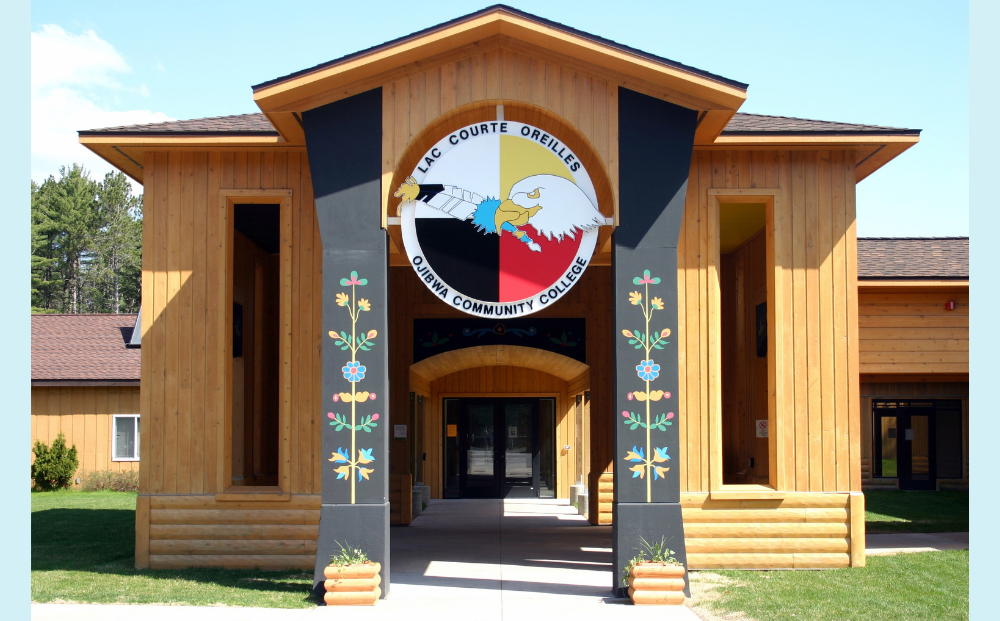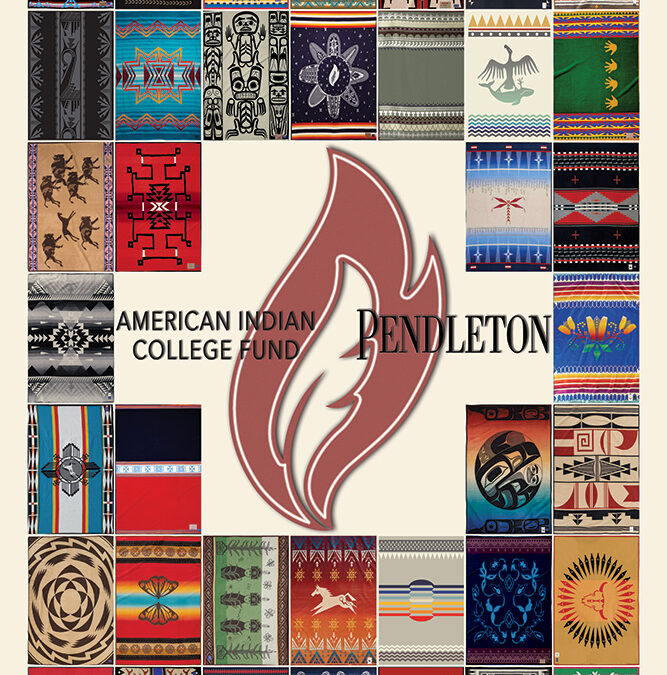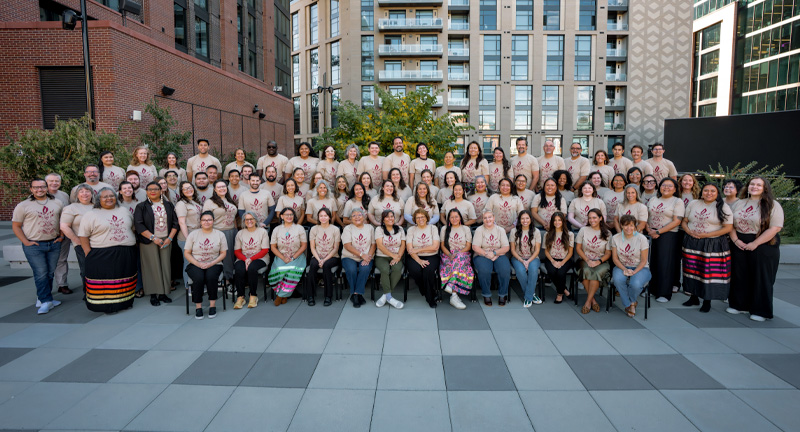By Danielle Carley, Associate Dean of Students / Work-Based Learning Director
Lac Courte Oreilles Ojibwe College (LCOOC) is one of the tribal colleges participating in the College Fund’s ongoing Native Students Stepping Forward: High School Equivalency Completion Program. Recently added to the College Fund’s program, LCOOC’s General Educational Degree/High School Equivalency Degree (GED/HSED) Program has experienced a lot of transitions and transformations to get where it is today.
LCOOC’s program has operated in a limited manner and has not always been consistent in the college’s operational planning. The College Fund provided LCOOC the financial and developmental means to achieve the goals of systematic inclusion of the GED/HSED Program.
Established in 1982, LCOOC’s mission is to provide accessible and affordable education to tribal and community members. The college started as a one-building campus and has flourished into a multi-site college. LCOOC currently has five outreach sites located on four tribal reservations in Northern Wisconsin including, St. Croix, Lac du Flambeau, Red Cliff, and Bad River. Each of these outreach sites serve the reservation and surrounding communities. Until 2019, the GED/HSED Program was provided only at the main campus on the LCO reservation.
LCOOC decided to transform the GED/HSED program to include the college’s outreach sites. The surrounding tribal leadership believed its members would be more successful attending the GED/HSED Program. In 2020, 90% of individuals in Wisconsin had a high school education. The same 2020 high school graduation rate for Native Americans was 85% in the state of Wisconsin (https://wisedash.dpi.wi.gov/Dashboard/). LCOOC saw room for improvement in Native American high school credential obtainment while knowing that individuals without high school credentials will only continue to struggle economically, socially, and politically without access to education.
LCOOC believes that education changes lives. Offering this program means tribal members and others will have greater access to a pathway to earning a high school equivalency degree, which leads to increased employability. Successful completion of the GED/HSED creates a greater likelihood that graduates will enroll in college level courses or gain regular secure employment. When students earn an education, they, their families, and tribal communities are all lifted up.
The transformation has been slow in progress, due to the challenges LCOOC experienced over the last few years. Turnover of GED Staff, challenges in hiring qualified instructors, and the pandemic have played major roles in the slow transformation. LCOOC has been proactive in addressing these challenges: instruction has been adjusted to virtual formats and technology assistance has been increased for students. LCOOC has also increased its outreach staff capacity to include the GED/HSED tutors at each site to provide these services to the community. Finally, LCOOC has been able to secure funding to support paid work-experience for GED/HSED students to assist them in obtaining their GED/HSED credentials.
The LCOOC program staff look forward to an exciting new school year with these new changes implemented.









